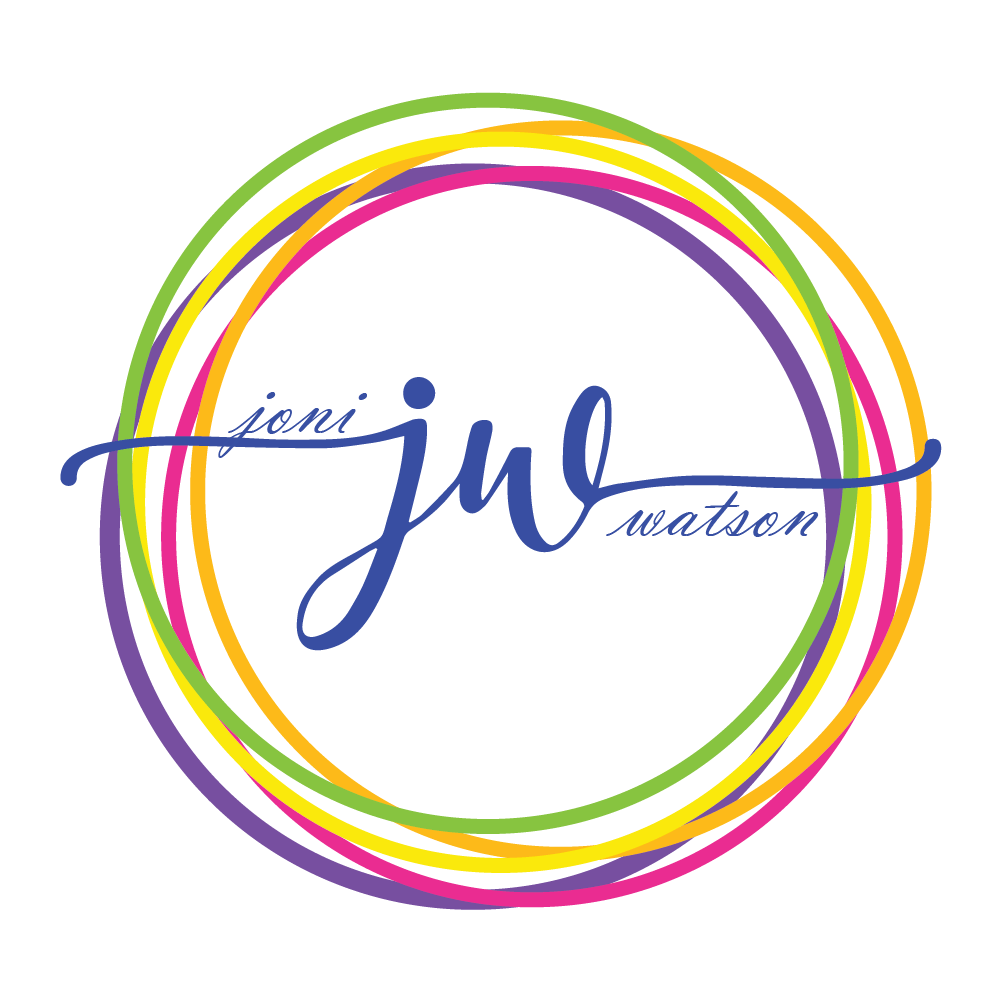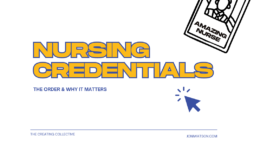Part three of the Nursing Research Challenge.
The Article: Mann, K. (2011). Education and health promotion for new patients with cancer: A quality improvement model. Clinical Journal of Oncology Nursing, 15(1), 55-61.
The Big Idea: After a complete patient needs assessment (including literacy, education level, preferred amount and type of information, cultural and religious influence, pain level, and present anxiety), an outpatient oncology clinic designed individualized education interventions about treatment and potential side effects for newly diagnosed cancer patients.
Survey Says!: Patients that received the individualized education in a conducive learning environment were much more satisfied with their experience and had less anxiety about their new cancer treatments, contributing to increased quality of life.
Quotable: “Incorporating evidence-based practice into the clinical setting is necessary if maximum patient outcomes are to be achieved.”
“Contrary to popular belief, most adults with low literacy levels are Caucasian, native-born Americans…and not children, those who use English as a second language, or the uneducated. Nurses must evaluate each individual for literacy needs regardless of appearance, race, age, or income prior to selecting appropriate learning materials.”
“Education for new patients with cancer should occur prior to chemotherapy in an environment situated to enhance learning. Quality of life during the brief period from diagnosis to treatment is improved when anxiety is lessened, coping is enhanced, and needs are met during education.”
So What?: Education is not “just” education. Our patients want to know the plan before it is implemented or an hour before it is implemented. Assessing patients’ best learning methods and literacy status, current anxiety, and pain levels (in addition to their learning needs), enhances the education delivery and patient satisfaction. “Spraying” information or handing out 13 pamphlets is not the same as teaching, which we often forget.





